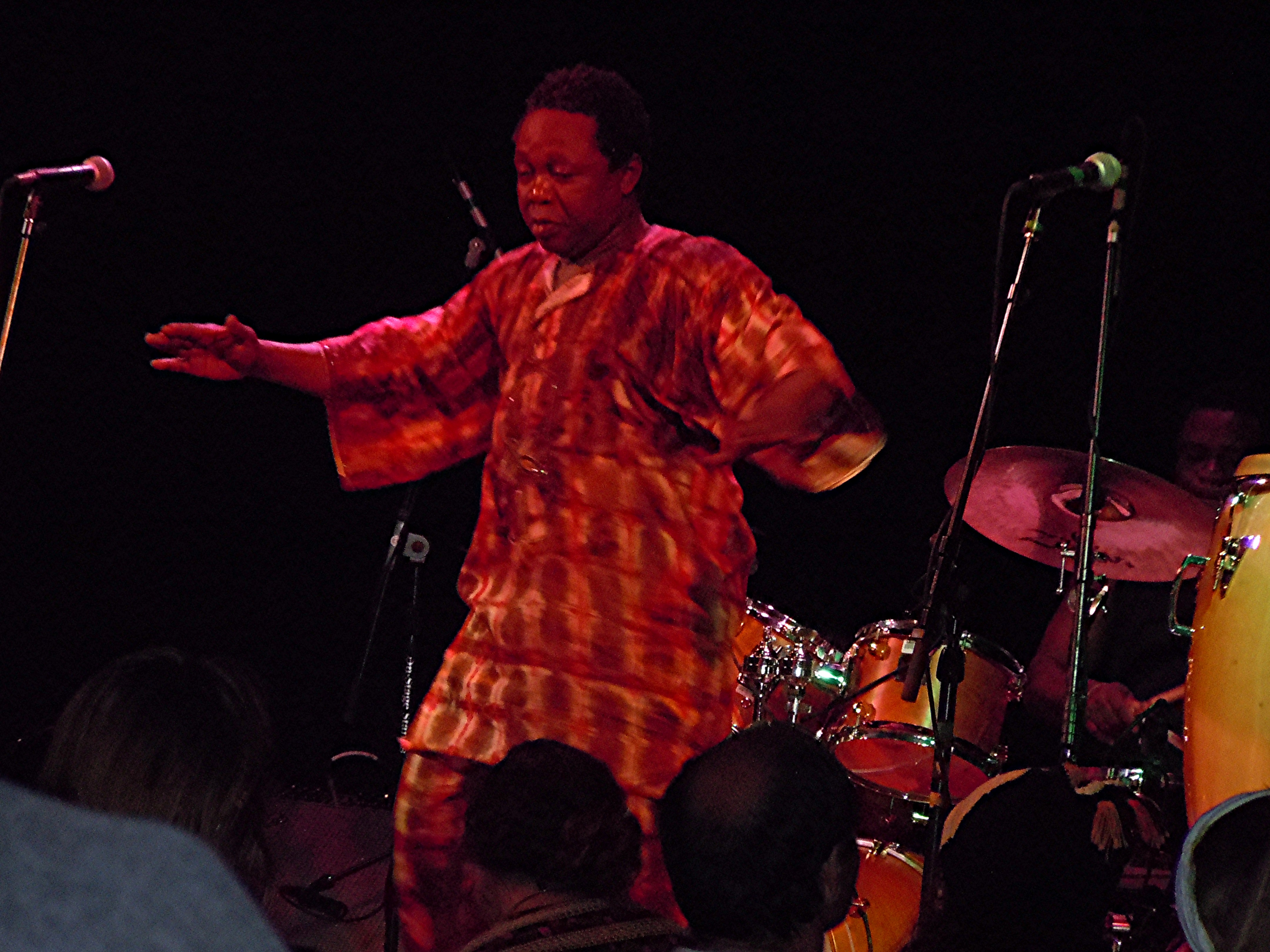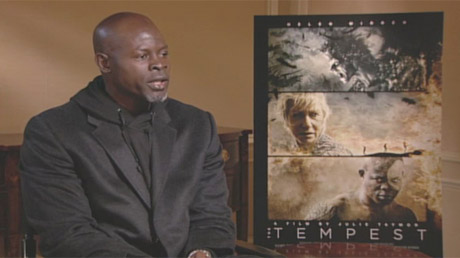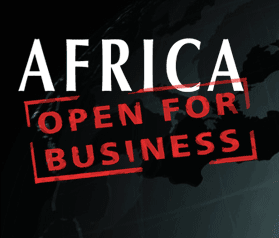
East African Traveler
It’s near midnight, and the calabash of honey beer keeps being filled up and passed around the circle of elders in a grass hall, illuminated by firelight, somewhere out in the Great Rift Valley of central .
I am in Barabaig country. The Barabaig are cattle herders, semi-nomadic, and the traditional enemies of the well-known Maasai people. All has been relatively peaceful between the two groups for years, as they now face more common enemies: drought, strained resources, and the ongoing struggle to hold together any semblance of their traditional societies in a globalized
Africa
.
The pack of American travelers, whom I have joined on a cultural tour program, have all gone to bed while the elders and some warriors sing until the last song is sung, the last drop of honey beer swallowed. It’s not only the local swill, however, that changes hands and enlivens spirits.
The whole nation is abuzz with campaigns and political hullabaloo in the run-up to ’s third democratic multiparty elections. That includes the vastly dispersed Barabaig villages, even though I found some old folks out there who told me that Julius “Mwalimu” Nyerere was still the country’s president.
The campaigning even stretched into the grass hall that night, as one young man, who contended for a local councilor seat, talked vote-getting strategy with the elders in between songs. He even passed around printouts, complete with every candidate’s photo, for every pertinent election to the area up to the presidency. Those sheets spread around the room like they were coupons for free cows. The elders held them up to the flickering firelight, studying each candidate, discussing opposition politics, democratic reforms, and even making jokes and impersonating their own favored politicians. So politics out in the bush?
Coming into these arid, dusty lands, I had a hunch that it was a place that politicians had forgotten on their campaign stops and where politics could be boiled down to the bare-bone essentials. I thought of it as “bush politics”. That’s not as in George W. Bush, but as in the bush where hyenas howl and lions roar at night.
After all, what should a Barabaig woman care about privatization and foreign direct investment (FDI) in Dar-es-Salaam if she has to walk 25 kilometers or more a day to get four or five jerry cans of water?
True enough, but the night with the elders showed me how some Barabaig have more political savvy than most fellow Tanzanians would ever grant them. At least during the campaigns, a few politicians paid more attention to such traditional groups. After all, the villages across mainland are still almost entirely ruling party, Chama Cha Mapinduzi (CCM), strongholds. The likely next president of , Jakaya Kikwete, even came through and addressed the area’s dire water needs among others.
The grievances of the Barabaig are undeniable. They have been pushed off their lands and their rights have been abused for years. Even though the particular clan I visited lived in a district represented in parliament by the current prime minister himself, the rocky roads in the area are so atrocious that travel times by vehicle there depend upon the number of flat tires suffered.
For an intense moment, I wondered on whether or not any of these grievances would be addressed after the vote counts and after many of the politicians have returned to their plush residences in Dar-es-Salaam. How would Barabaig society and Tanzanian politics take shape in the next five years to come?
The moment passed, and then the last calabash of beer went around, and the Barabaig struck up a tune that their people have been singing for centuries.
The writer is a Twin Cities resident currently visiting
East Africa
on a cultural exchange program. He will share his perspective and observations while there in this column which will appear in Mshale through early 2006 when he returns to the . You can reach him at [email protected].
About Jeremy O'Kasick







